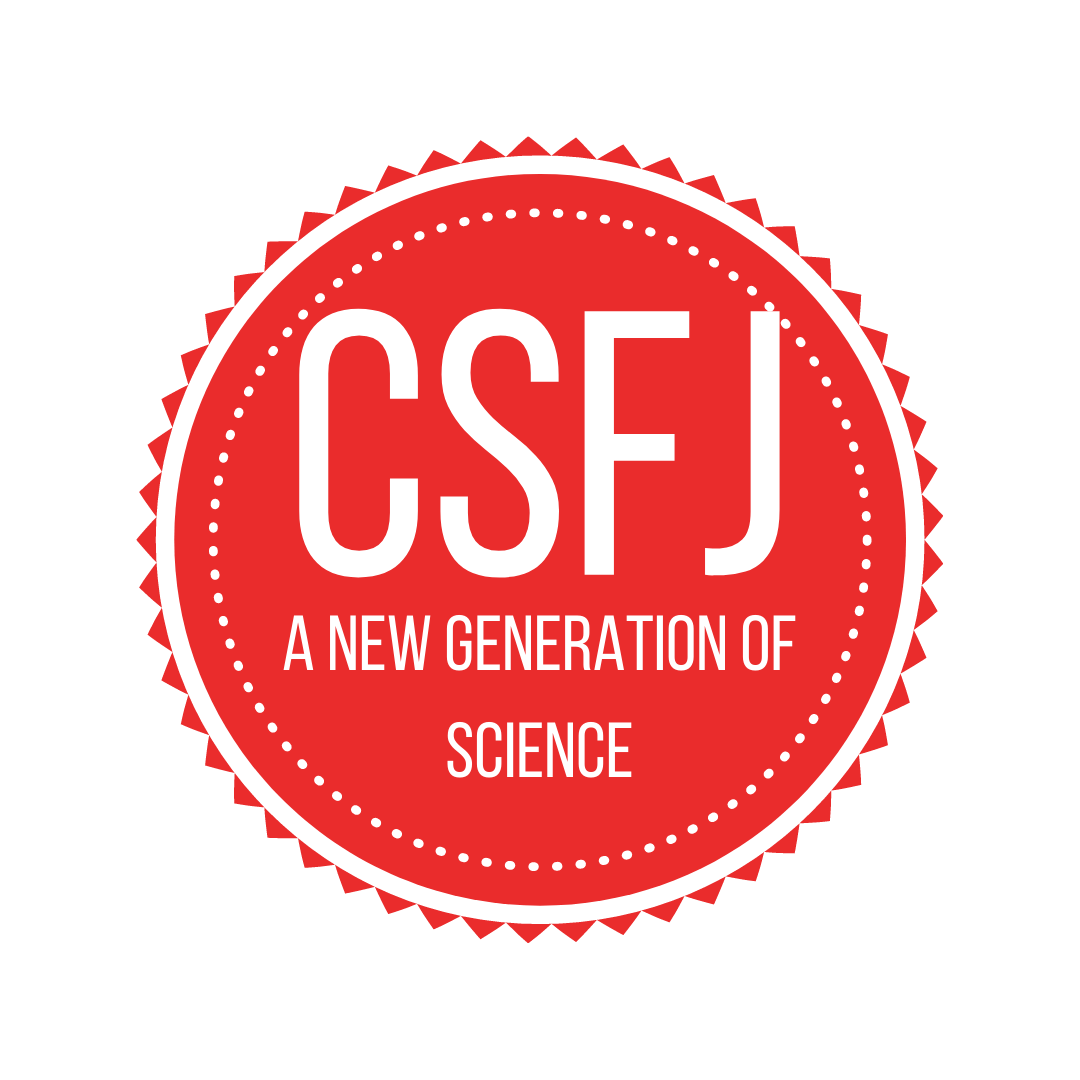January 2021
Volume 3 Issue 4
Special COVID-19 Lockdown Issue
The global COVID-19 health crisis has impacted every one of us in a variety of ways, and has prompted Canada’s young scientists to focus their research on topical and much-needed areas, like mental health and immunology. This issue, we’re featuring six incredible articles that can help us all learn more about how to navigate living in lockdown while staying healthy. You can also read an illuminating interview we conducted with immunologist Dr. Sean Elias, who worked directly on the COVID-19 vaccine at the Jenner Institute at Oxford University. Read on and stay safe!

by: Harini Karthik
Drag is a true annoyance for many industrial sectors around the world. Drag force is produced by the friction of a flowing fluid flowing on the surface that lowers the energy efficiency of the system. This experiment attempts to minimize the drag force by testing theoretical biomimetic coatings.
by: Jennifer Xu
The large production of food waste results in many nutrients left unused. Every year, around 1.3 billion tonnes of food is wasted globally. Composting food waste has been the main push in utilizing excess food. However, in this research, biomolecules were extracted directly from the food waste itself through various extraction methods as a new form of utilizing food waste. The renewed nutrients could then be used for pharmaceutical purposes or as additives in livestock feed.
by: Reetu Arvikar
Bacteria that cause life threatening infections are becoming an increasing problem in the healthcare setting. To treat these deadly infections, medical professionals rely heavily on antibiotics. However, overuse of antibiotics creates superbugs which are bacteria that have developed resistance to multiple antibiotics through numerous mutations that confer them resistance, allowing them to survive. To combat this problem, scientists have identified an alternative to antibiotics: The bacteriophage is a virus that infects bacteria and replicates inside the bacteria in order to destroy it. Phages can be very useful to humans in the fight against life threatening bacteria.
by: Maya Achuthan
Mental illnesses, learning disabilities, and their symptoms and causes (genetic or environmental) are frequently talked about, but we do not know what the root cause of the mental illness is. Identifying what the root cause is, would provide humans with the knowledge on how to properly address this worldwide health epidemic. This project aims to find out where the drastic increase in mental illness originated from and how it has become so prevalent in humans, in order to create awareness on this issue’s prevention.
We sat down with Dr. Sean Elias, researcher at the Jenner Institute at the University of Oxford, to talk about his passion for immunology and his work in the development of the the COVID-19 vaccine. Dr. Elias talks about his childhood inspirations, how a vaccine is developped, and the importance of public engagement when it comes to comprehensive science education.
By: Ayush Malhotra
More than 264 million people worldwide suffer from depression, which is also a significant contributor to increased suicide rates. Due to the COVID-19 outbreak, people seeking help from depression are unable to see specialists. As a result, they are turning to inadequate non-confrontational wellness apps. The purpose of this project is to develop a more effective wellness application by leveraging Natural Language Processing (NLP), called talkhAPPi.







